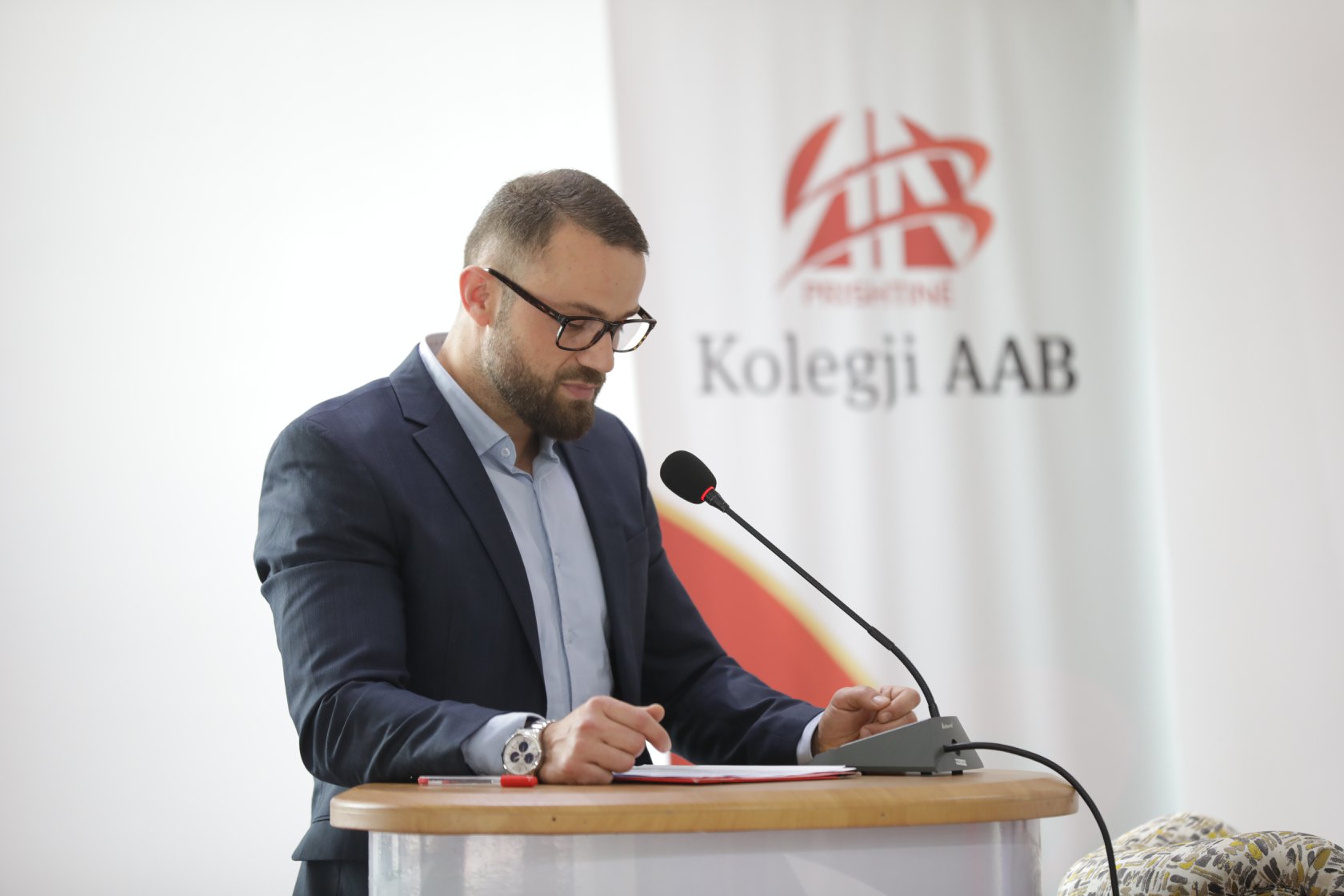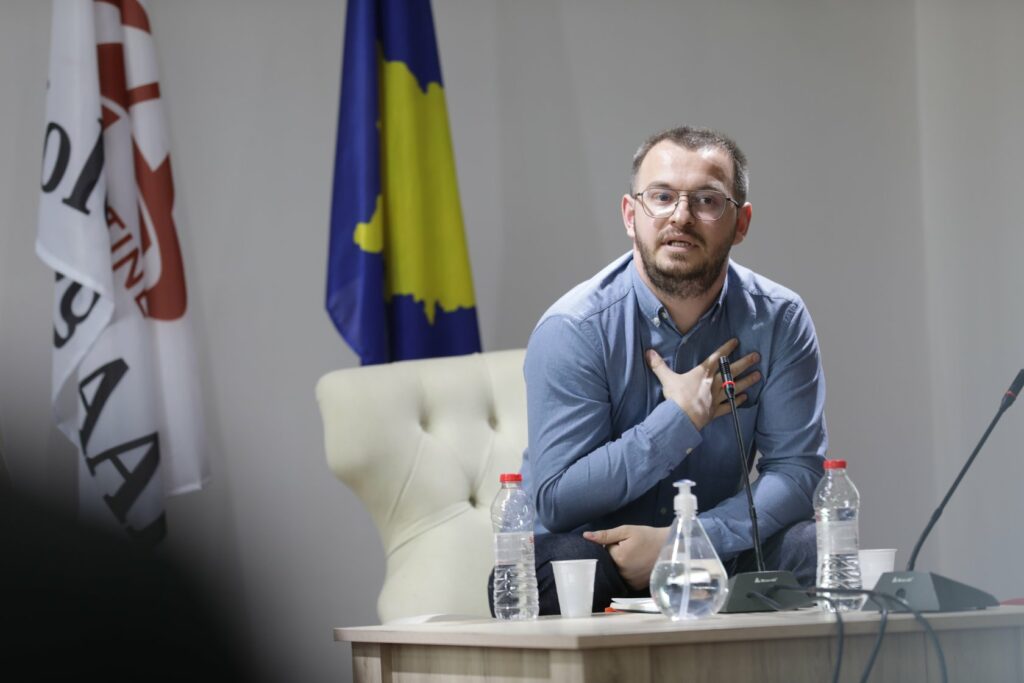


As part of the mental health awareness week, organized by the Faculty of Psychology of AAB College and the Clinic “Empatia”, a Roundtable Discussion was held in AAB College with professionals of the field, on the topic “Understanding mental health / Reflections in a time of pandemic”
in the opening of this roundtable, The Dean of the Faculty of Psychology, Prof. Naim Telaku, revealed some of the most significant statistics in terms of mental health, published by the WHO.
According to Telaku, the field of mental health, although ignored by many, according to various statistics, is one area in which people need help the most.
He said that according to the WHO, about 10% of the world’s population is affected by mental illness, and this number can be as high as 20% in poor countries. Of these, about 264 million people suffer from depression, 45 million from bipolar disorder, 20 million from schizophrenia, and dementia affects about 50 million people worldwide.
Mental health problems are also the cause of suicides, providing a disturbing statistic especially among 15–29-year-olds, where suicide is the second leading cause of death globally.
In this age group, every 40 seconds, a young person commits suicide in the world.
Another problem that Dean Telaku pointed out is the low level of awareness about the nature of mental health problems in the general population and also in various institutions.
He also stressed that there is a significant increase in the occurrence of anxiety in the population, where according to him, due to the Covid-19 pandemic, the level of anxiety has increased by 30-50%.
Psychologist Shqipe Ukshini, from UCCK, an invited guest to this roundtable, said that the increase of mental health problems is proportionally related to the increase in population and overcrowding of urban settlements.
“The more people that live in cities, the higher the number of depression cases, anxiety disorders, panic attacks, and schizophrenia.” The higher the population overload in cities, the greater the problems and brain changes which reflect fear, panic and depression”, said Mjekiqi.
Meanwhile, psychologist Fitim Uka, from the Clinic “Empatia”, and also an invited guest, said that unlike a decade ago, the perspective in the treatment of these diseases has changed, because today, people talk more openly about their mental health and concerns. “I am convinced that with this new era of psychology in Kosovo, we will no longer talk only about the treatment of mental disorders, but also about their prevention,” said Uka.
Psychologist Shkurtë Bajgora, from the psychological support line “Mbështetu”, who also participated in this roundtable discussion, explained that there are cases who call to talk about their anxiety, panic attacks, personal concerns in the family or with friends.





